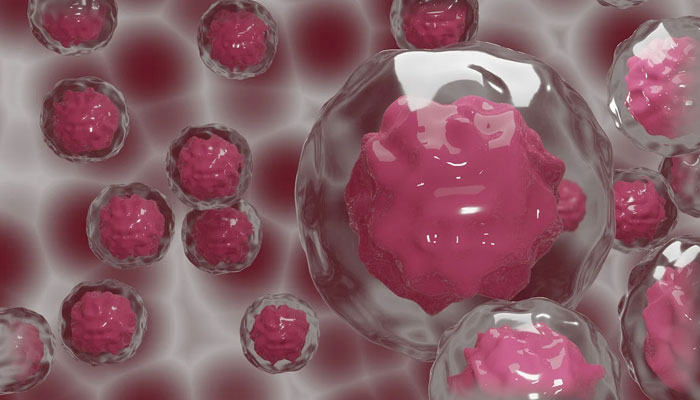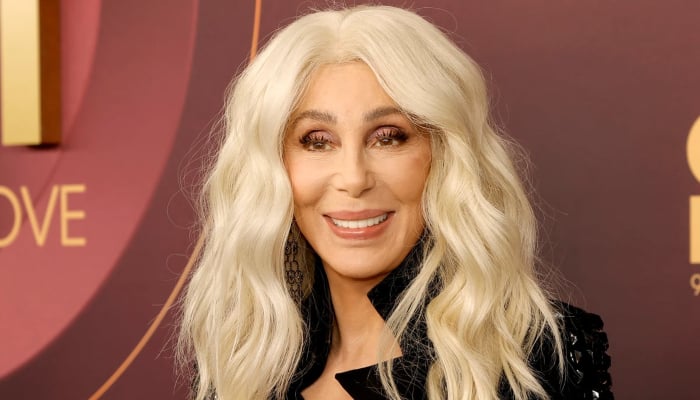

Knowing one’s cancer diagnosis can become a source of shock and trigger for a lot of people, who may not be expecting it.
Cancer is one of the most widespread conditions worldwide, according to the World Health Organisation (WHO). The National Cancer Institute (NCI) estimates that in the United States alone, there were around 1,806,590 new cases in 2020.
One important way of coping with a diagnosis of cancer is to be well informed as receiving it can come as a shock to anyone. An aura of myth often surrounds cancer and much of what people think they know can often just be hearsay.
As a result, an important first step is to get as much information as possible from doctors and other reliable sources.
Dany Bell, a specialist advisor on treatment and recovery at Macmillan Cancer Support in the United Kingdom, told Medical News Today: “Being diagnosed with cancer can be a big shock, even if you already suspected you might have it.”
“Cancer is a word that can stir up many fears and emotions,” added Bell, “but making sure you fully understand your diagnosis can help you feel more in control of the situation.”
As the subject of a cancer diagnosis is always a heavily loaded one, so communicating with a doctor might feel challenging. It might be difficult for both the person and the doctor to communicate efficiently.
Dr Ann O’Mara, head of palliative care research in the NCI’s Division of Cancer Prevention, told Medical News Today that there is no magical recipe for success in these cases. However, she said that open communication is very important to ensure that people get the information they need and that the doctor knows how they are coping with the diagnosis.
“If the communication with that physician is causing you to be more stressed out, you have to communicate that to the physician,” she said.
Moreover, after receiving a cancer diagnosis, symptoms of depression and anxiety are often a natural outcome. A strong support network is also important to be able to count on.












